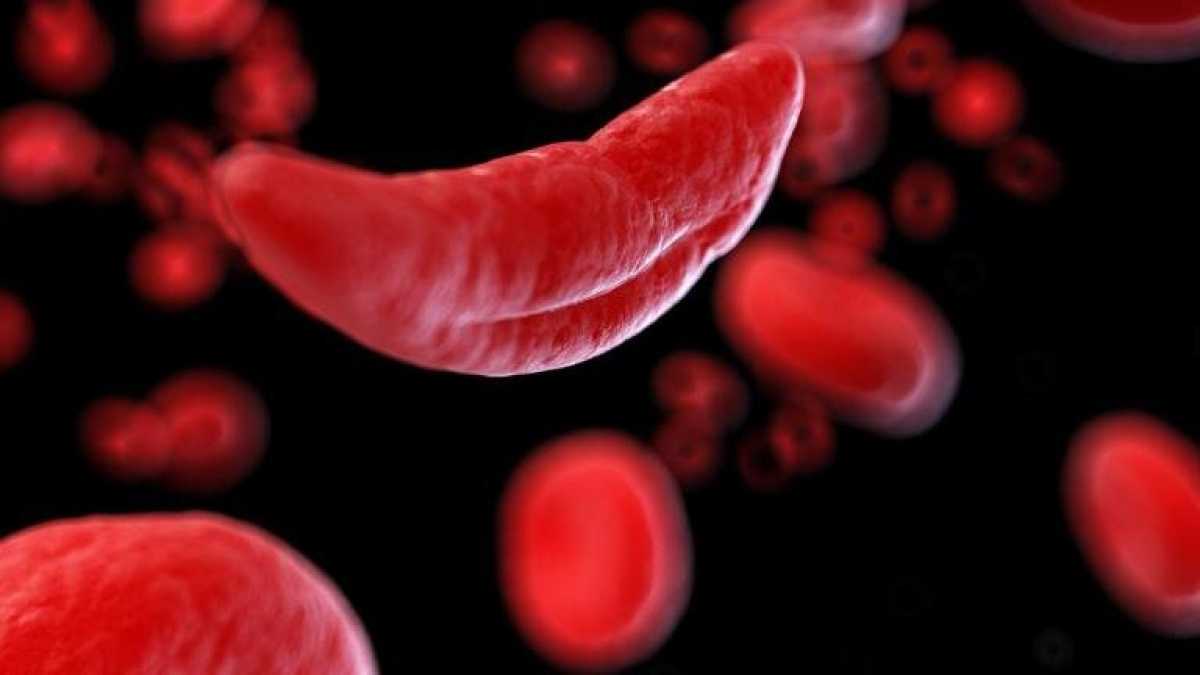Health
Hydroxyurea Reduces Infections in Children with Sickle Cell Anemia, New Study Shows

A recent clinical research study led by Indiana University School of Medicine and their collaborators in Uganda has revealed promising results for the use of hydroxyurea in reducing infections in children with sickle cell anemia. The study, titled ‘Zinc for Infection Prevention in Sickle Cell Anemia,’ showed that hydroxyurea treatment led to a significant 60% reduction in severe or invasive infections among Ugandan children with the disease.
Sickle cell anemia is a genetic blood disorder that affects the structure and function of red blood cells, leading to increased susceptibility to serious infections. With over 300,000 children worldwide being born with sickle cell disease each year, African countries bear the highest burden of the disease.
The research team’s findings provide strong evidence of hydroxyurea’s effectiveness in reducing infections in children with sickle cell anemia, particularly in Africa. Hydroxyurea has been approved by the U.S. Food and Drug Administration as a treatment for children with sickle cell disease since 2017, but its accessibility and acceptance in African countries have been limited.
Recognizing a knowledge gap, the researchers incorporated hydroxyurea treatment and analysis into their ongoing clinical trial, ‘Zinc for Infection Prevention in Sickle Cell Anemia.’ The study involved 117 children in Uganda and focused on a range of infections. Following hydroxyurea treatment, there was a considerable decrease in the incidence of severe infections.
It is worth noting that of the nine deaths that occurred during the trial, eight were children whose parents declined hydroxyurea treatment. The only death of a child on hydroxyurea treatment occurred shortly after starting the treatment, leaving insufficient time for the drug to take effect. All known causes of death in the study were related to infectious causes, highlighting the urgent need for interventions to reduce mortality in children with sickle cell disease in Africa.
The researchers hope that their findings will encourage ministries of health in African countries to support and expand access to hydroxyurea for children with sickle cell anemia. By making hydroxyurea the standard of care, they believe both infections and mortality rates can be significantly reduced, thereby saving countless lives.












